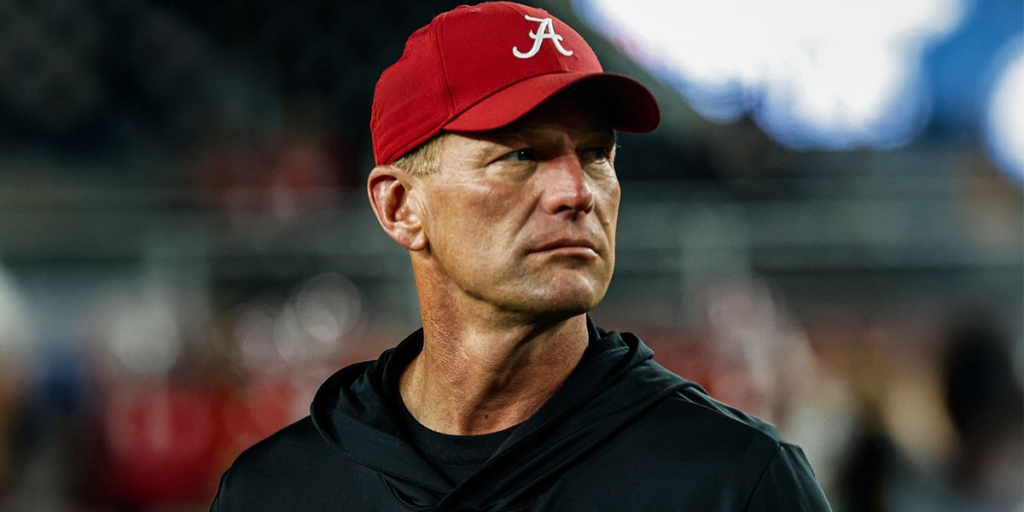
confetti has all been swept away. Another year is in the books, and frankly, it was
one that many young adults would just as soon forget.
A year when the national debt topped the $15 trillion mark, the U.S. credit rating
was downgraded, and Congressional Democrats likened spending money to saving
the world. Rather than act as a voice of reason as America continues to veer towards
disaster, the president seemed to simply shrug, content to abandon actual governing
in favor of the campaign trail.
In a year marked by little progress America’s young adults perhaps fared the worst.
The unemployment rate for 16-to-24 year olds is 17.4 percent, the highest since
World War II. Perhaps worse, the unemployment rate has been above 16 percent for
33 straight months, with no end in sight.
The lack of jobs and a steady income has led to a profound ripple effect that has
touched every aspect of the Millennial generation. We’re less mobile, choosing to
live with mom and dad rather than set out on our own; we don’t have the economic
stability to get married, or start families; and if jobs do come back, studies show we
will earn 9 percent less on average than had we graduated in a better economy.
In short, we’re becoming a lost generation.
For an age cohort once marked by a seemingly unshakable brand of optimism,
the continued stagnation of our economy and the looming instability of our fiscal
situation has shaken us to the core. A new poll by the Harvard Institute of Politics
reveals that 52 percent of young adults aged 18-29 believe the nation is on the
wrong track, up 15 percent from 2009. Another 35 percent simply don’t know which
way we’re headed.
In that sense 2011 was a far cry from the hopefulness young adults felt in 2008, a
year when Obama’s youthful dynamism and pledge to change Washington gripped
a generation. But three years later, my generation is left with a profound feeling of
disappointment. It is an emotion fostered not only by a sense of poor results, but
of faulty policies. Indeed, the Harvard poll reveals that majorities of young adults
disapprove of President Obama’s handling of health care, the federal budget deficit,
and the economy.
After three years of basic neglect, Obama is once again attempting to reach out to
young adults, the people he needs to volunteer and vote in the upcoming campaign.
As part of his “We Can’t Wait” campaign President Obama announced a summer jobs
program in which the federal government will partner with companies to highlight
temporary employment opportunities.
Not only is it too little too late for America’s youth, but it is a transparent attempt
to pander for our votes. This is politics, not empathy. After all, many, if not most, of
these jobs and internships would have been created without Obama’s program. The
president has just found a clever way to package and present them as his own.
Young adults don’t want election year gimmicks, we want long-term change. That
means fewer handouts and more efforts to untie the hands of businesses. Obama
should work to eliminate onerous regulations, make the corporate tax code fairer
and more competitive, and begin to pay down the national debt that is detracting
from private investment. Improving the fundamentals of our economy won’t just
bring summer internships, they’ll lead to the real, lasting careers that young adults
want.
Every new year brings new hope. A hope that we’ll learn from our mistakes and
build towards a better future. Sadly, we may have to wait until November to do
either.
Alex Schriver is the National Chairman of the College Republican National Committee, a 527 political organization in Washington D.C. and serves on the Board of Directors for Reform Alabama, a 501(c)4 working to support, promote and sustain sound government reform policies in Alabama. His Twitter handle is @AlexSchriver










